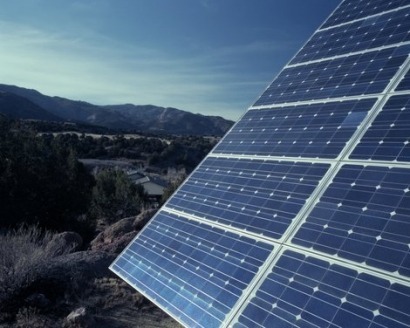
New research by the UK Energy Research Centre (UKERC) and the Energy Research Partnership (ERP) has found that demand for critical metals used to manufacture low-carbon energy technologies is rising rapidly and that the situation requires serious attention from industry and policymakers. However, the report also states that scaremongering about scarcity is misguided.
The concern over these metals has been exacerbated by recent economic, social and geopolitical events, although new evidence suggests that recent bottlenecks in the supply have largely been overcome. In most cases, production is capable of growing to meet demand in the short to medium term. However, there remains significant uncertainty over what impact the availability of critical metals will have on the cost of some low-carbon technologies.
Anticipated growth in the low-carbon energy market will significantly increase demand for many critical metals. Lithium and cobalt are commonly used in electric vehicle batteries, while indium and tellurium are used in the manufacture of thin-film solar panels. The demand for tellurium is predicted to increase by 360 percent by 2030 and under high demand estimates this could put pressure on supply chains.
“Rising demand and the complexities of bringing on new metal production has led to increasing concerns about the future availability of metals critical to decarbonisation” said Jamie Speirs from Imperial College London, who led the research for UKERC. “The supply of critical metals has increased over the last few years from a number of countries. However, future availability remains uncertain and this could have serious ramifications for the UK's decarbonisation strategy.”
Mark Workman of the Energy Research Partnership added that the UK is particularly sensitive to the availability of critical metals for energy technologies because of its reliance on imports and the affordability debate around attaining a low-carbon energy system by 2050. The country must therefore urgently develop better tools, greater capacity and oversight mechanisms for understanding metal mineral supply chains and exposure of the supply chains to non-availability.
Options for material substitution are limited, the research suggests. However, the report recommends that the UK continues to pursue technology substitutes to better protect the industry against price volatility. Some thin-film technologies, such as amorphous silicon, do not rely on critical metals, but more must be done to encourage recycling of metals from end-of-life products by offering sufficient price incentives and better regulation.
The creation of secondary sources will help relieve supply pressures, but the development of primary sources remains vital to the growth of the low-carbon economy. Greater support for mining, strategic stockpiling of selected materials, international diplomacy, financial support and bilateral agreements with foreign exporters may all play a part in meeting primary supply needs. However, the UK will have to collaborate with wider international governments and industrial partners to achieve many of these measures.
For additional information:

